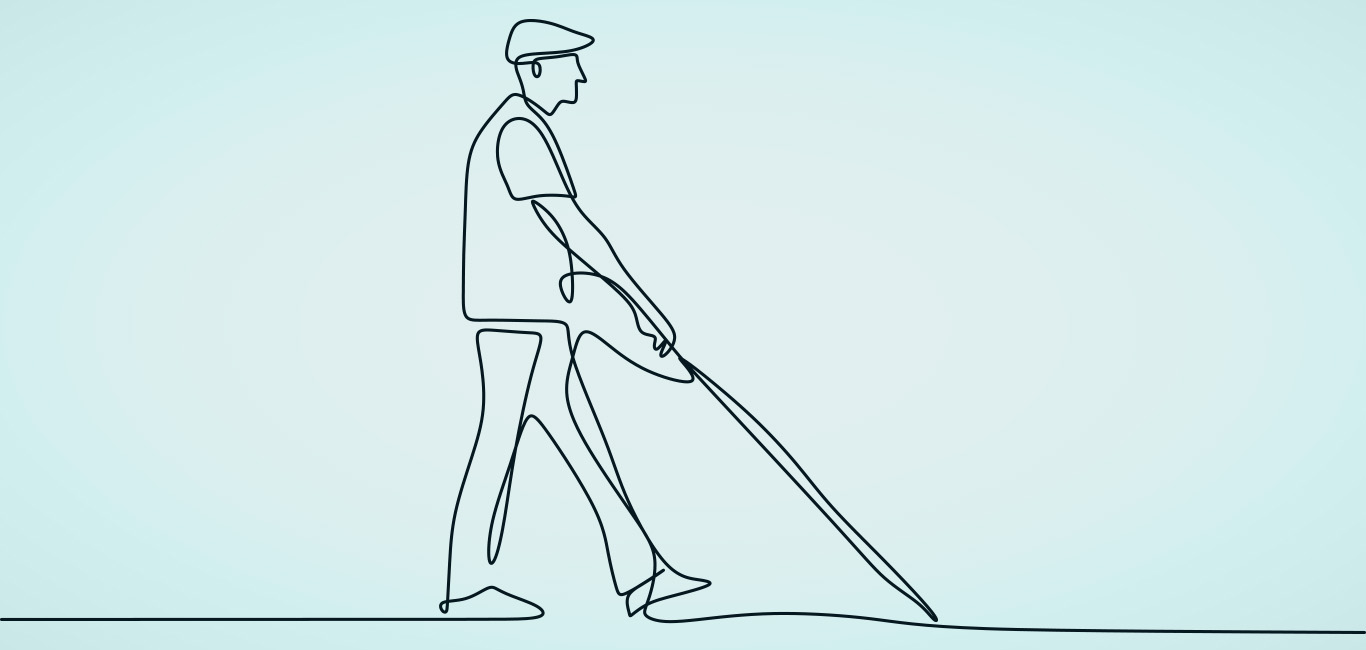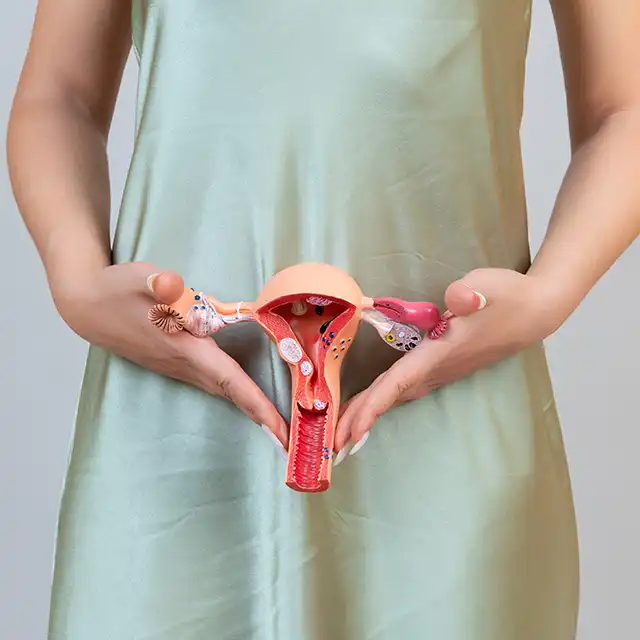
Blindness usually means total absence of vision and refers to the condition of people who have no perception of light.
For those who have complete loss of sight, the condition cannot be corrected with the use of eyeglasses or contact lenses, or even by surgery.
Blindness is one state of visual impairment, the other being low vision. Loss of vision can be partial or total. It can occur suddenly or over a period.
Some people develop sudden blindness which may last for a few minutes or up to many hours. If not treated in time, it may lead to permanent loss of vision.
Types of blindness:
Despite their terminology, these variants of “blindness” do not cause total loss of sigh:
- Colour blindness refers to some people’s difficulty in perceiving colours like red and green.
- Night blindness is a condition where the vision worsens with decreasing light.
- Snow blindness is a temporary condition caused by overexposure of eyes to ultraviolet light.
Symptoms of total blindness
Total blindness involves loss of vision in both eyes. Some common symptoms may lead to total vision loss and should not be ignored. These include:
- Cloudy vision
- Pain in the eyes and discharge from the eyes
- Blurred vision with haziness
- Difficulty in making out shapes
- Spots in central vision
- Reduced peripheral (side) vision
- Decreasing night vision and seeing only shadows.
Retinal detachment: Though it is painless, this condition is serious and there are some warning signs.
- A sudden presence of many floaters, tiny specks that appear in our field of vision.
- Flashes of light
- Peripheral vision starts reducing slowly.
- Shadows develop over the field of vision.
Common causes
Many conditions may cause blindness. Here are a few common ones:
- Trauma or injury to eye
- Total retinal detachment, if not treated immediately, can cause vision loss in that eye.
- Vitamin A deficiency during childhood increases the risk of blindness, although it is not so common nowadays
- A cataract is a cloudy area in the eye lens. It is the leading cause for blindness in the world. Fortunately, treatment is widely available and routinely done nowadays.
- Lack of hygiene can cause bacterial infections like trachoma which can lead to blindness
- Glaucoma is a condition where the optic nerve is damaged. Chronic glaucoma is a silent disease and is noticed only at an advanced stage when it is already too late and leads to loss of vision
ALSO READ: Glaucoma: Keeping the ‘silent killer of eyesight’ at bay
- Advanced diabetic retinopathy is a complication of diabetes, with increasing damage to the light-sensitive retina. When it reaches the last or proliferative stage, it affects both eyes. However, it can be prevented by early diagnosis and prompt treatment.
ALSO READ: Why those with high BP should focus on their eyes, too
- Severe eye infections like keratitis (corneal infection) are not very common but increase the risk of vision loss.
- Eye stroke is caused by poor blood circulation to the optic nerve and nearby tissues and may damage the eyes and vision.
- Poor brain-eye coordination in children, a condition called amblyopia, may result in permanent vision loss in one eye.
- Loss of coordination between the two eyes is called strabismus and may also lead to amblyopia and vision loss in one eye.
How it happens
- Blind spots with visions of flashing lights may be caused by migraines and affect both eyes.
- Blood flow to the retina may be affected due to the tightening of blood vessels, causing temporary blindness.
- In closed-angle glaucoma, the iris starts bulging and prevents fluid drainage. It can lead to temporary blindness in one eye
- Vitreous haemorrhage where there is bleeding between the lens and the retina can block light from entering the eye.
- Those with multiple sclerosis, a disabling disease of the brain and spinal cord, can become temporarily blind in one or both eyes.
- Clot formation in the retinal artery leads to temporary blindness. This may progress to permanent loss of vision if not treated within an hour.
Diagnosis
Total blindness is usually self-diagnosable.
Complete eye examination is performed to determine the visual function. These tests are important to detect, diagnose and prevent vision loss. These include:
- Visual acuity (distance and near) testing of both eyes to check how clear the vision is.
- Refraction tests for errors and to determine the lens power.
- Pupils: when cataracts develop, the normally black pupil will turn white.
- Tests for glare to determine vision loss due to cataracts.
- Dilated-pupil fundus exam is done to check the health of the retina, optic nerve and blood vessels in the eye.
ALSO READ: How often you should get your eyes tested
Treatment
- Poor vision due to refractive errors can be corrected by using prescription eyeglasses.
- In regions where nutrition is a problem, dietary changes and Vitamin A supplements have helped a lot to prevent vision loss.
- Cataract surgery is very common and restores sight in many cases worldwide.
- Blindness which may arise out of infections can be usually prevented and, in some cases, treated with eye drops and pills.
- Injury to the cornea can be treated by corneal transplantation.
In general, blindness occurring because of eye stroke and in chronic cases of retinal detachment cannot be reversed with treatment. The best approach to eye care would be to undergo regular eye examinations and initiate early correction where it is required.

















